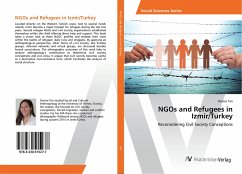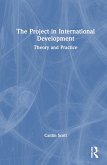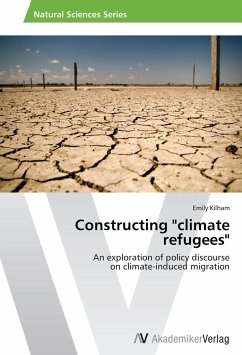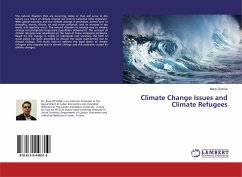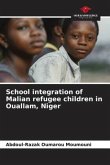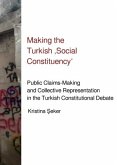Located directly on the Western Turkish coast, next to several Greek islands, Izmir became a major hotspot for refugees during the last few years. Several refugee NGOs and civil society organisations established themselves within this field offering direct help and support. This book takes a closer look at these NGOs' profiles and embeds their work within the realms of refugees' daily lives and struggles. By applying an anthropological perspective, other forms of civil society, like kinship groups, informal networks and virtual groups, are discussed besides formal associations. The ethnographic outcomes of this work help to analyze anthropology's contribution to theoretical civil society conceptions and vice versa. It argues that civil society becomes useful as a descriptive non-normative term, which facilitates the analysis of social structure.
Bitte wählen Sie Ihr Anliegen aus.
Rechnungen
Retourenschein anfordern
Bestellstatus
Storno

